24 Psychology Books Recommended by Jordan Peterson, Must-Read for Psychologist!
Must-Read for All Psychologist!

Jordan Peterson, a renowned psychologist and professor, has curated a list of 24 influential books in the field of psychology. In this blog post, we explore Peterson's recommendations, providing brief descriptions and insights into each book. These thought-provoking works delve into the complexities of the human mind, offering valuable perspectives and knowledge to deepen our understanding of psychology and personal growth.
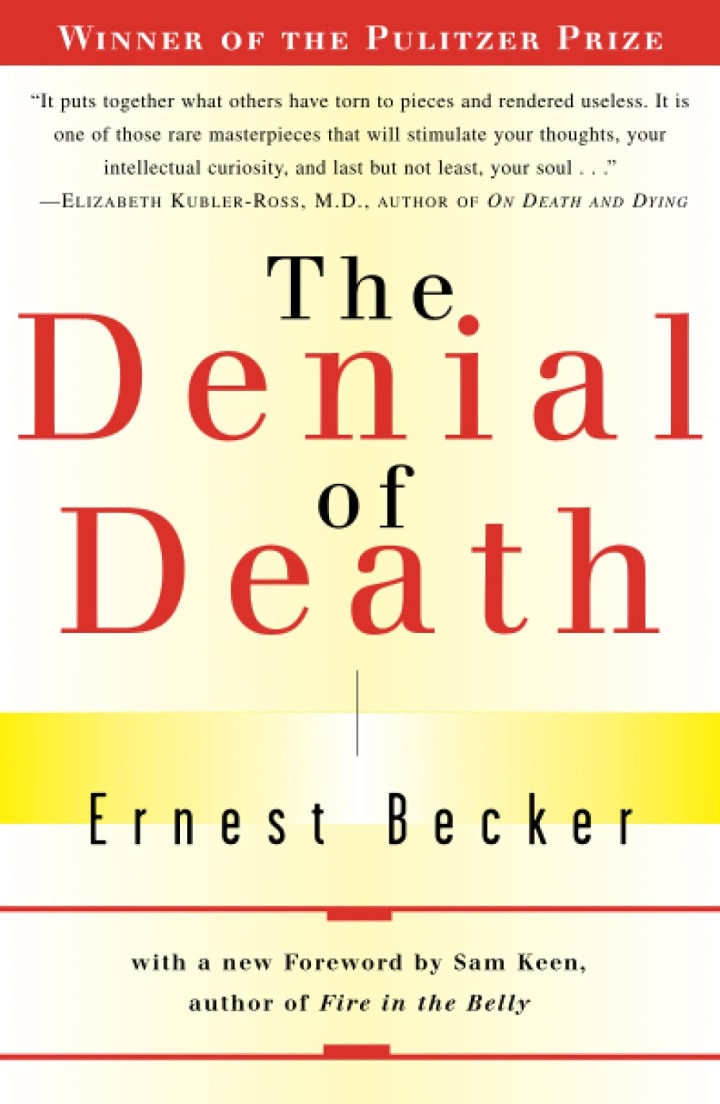
1. "The Denial of Death" by Ernest Becker:
Becker's insightful exploration examines the profound impact of humanity's fear of mortality on our daily lives. He delves into the psychological mechanisms that drive our actions and seeks to understand how individuals and societies cope with the existential dread of death.
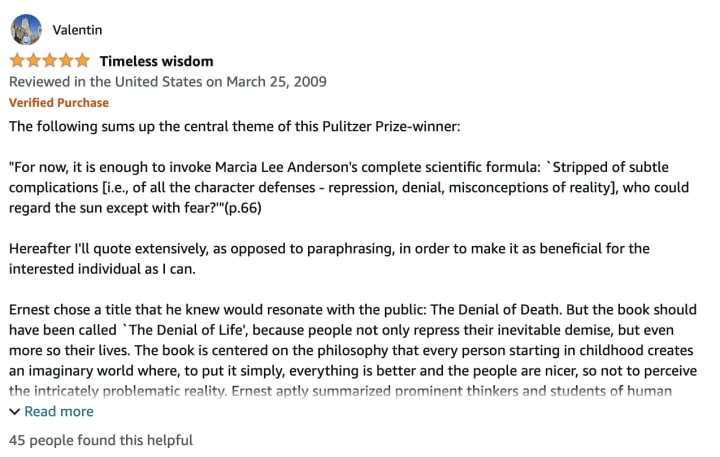
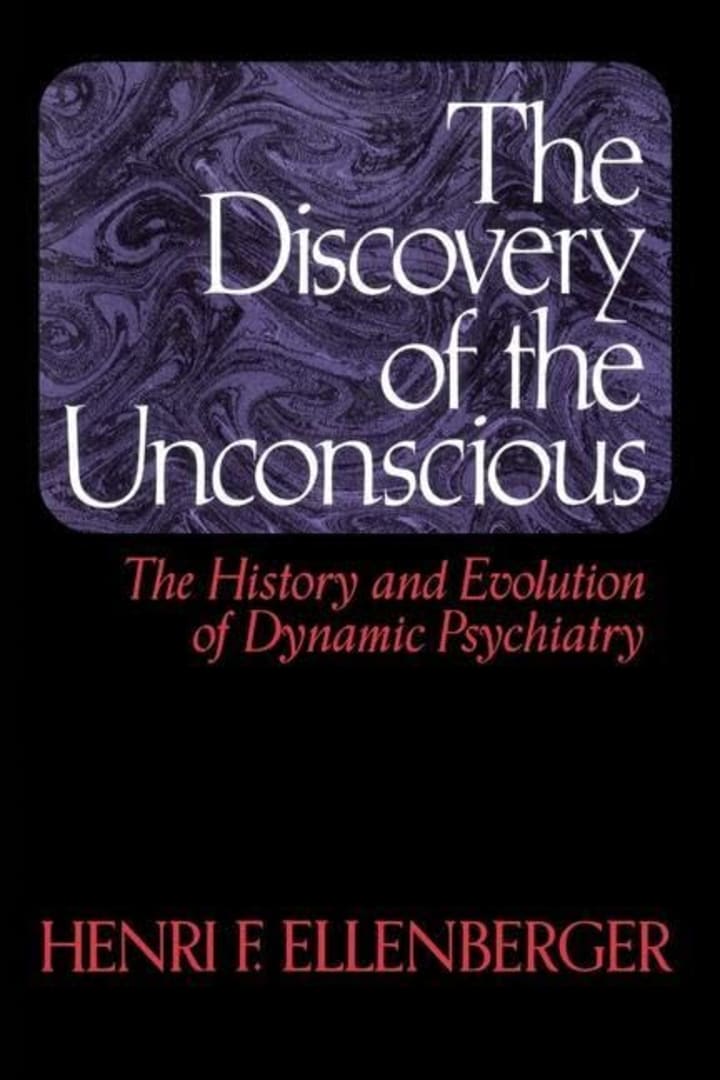
2. "The Discovery of the Unconscious" by Henri Ellenberger:
Ellenberger's comprehensive historical account traces the development of psychoanalysis, shedding light on the groundbreaking theories and concepts that have shaped the field. From Freud to Jung, this book offers a deep understanding of the evolution of our understanding of the unconscious mind.
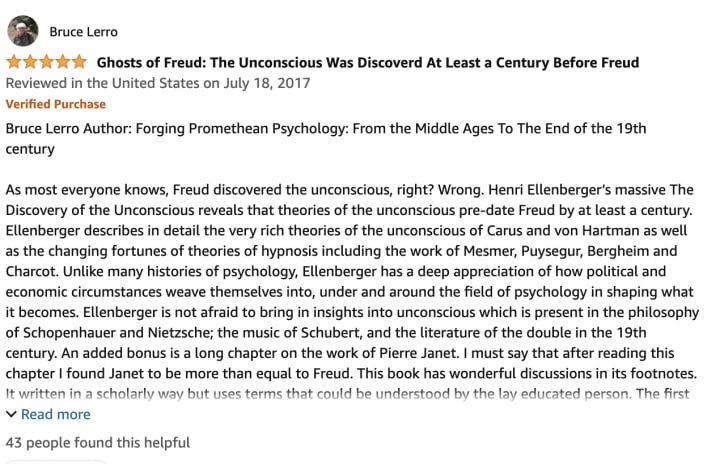
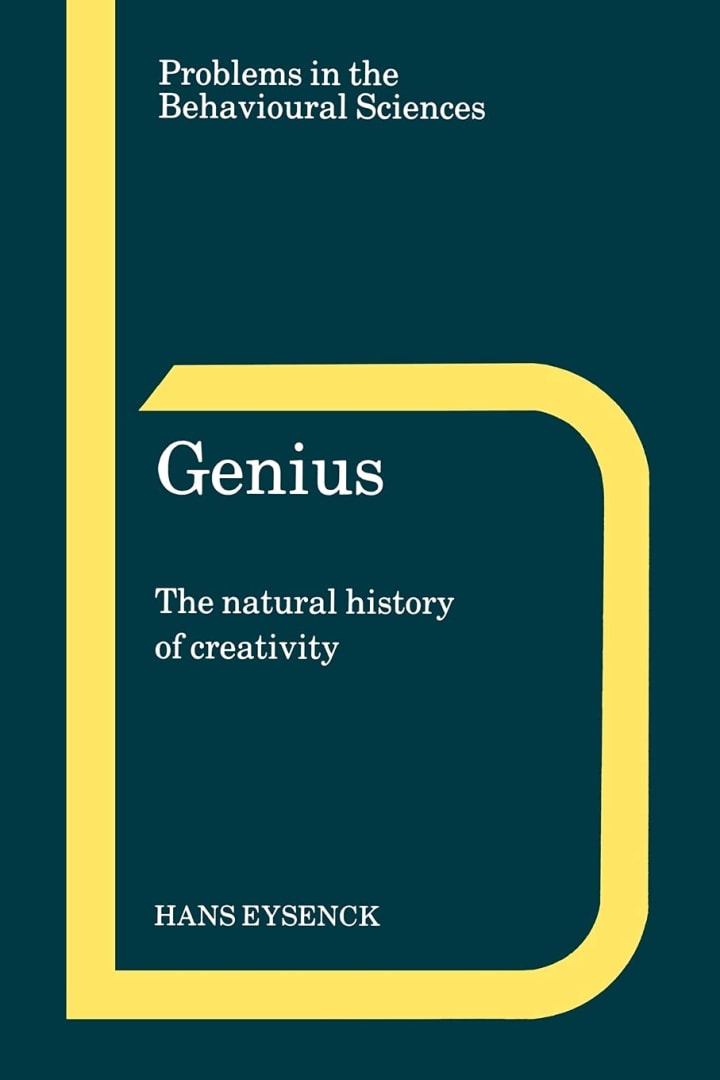
3. "Genius" by Hans Eysenck:
Eysenck's thought-provoking work explores the psychological factors that contribute to exceptional cognitive abilities and creative achievements. By delving into the nature of genius, he uncovers the unique traits and cognitive processes that set these extraordinary individuals apart.
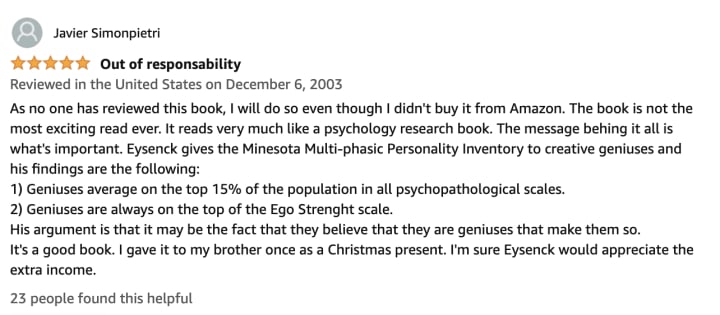
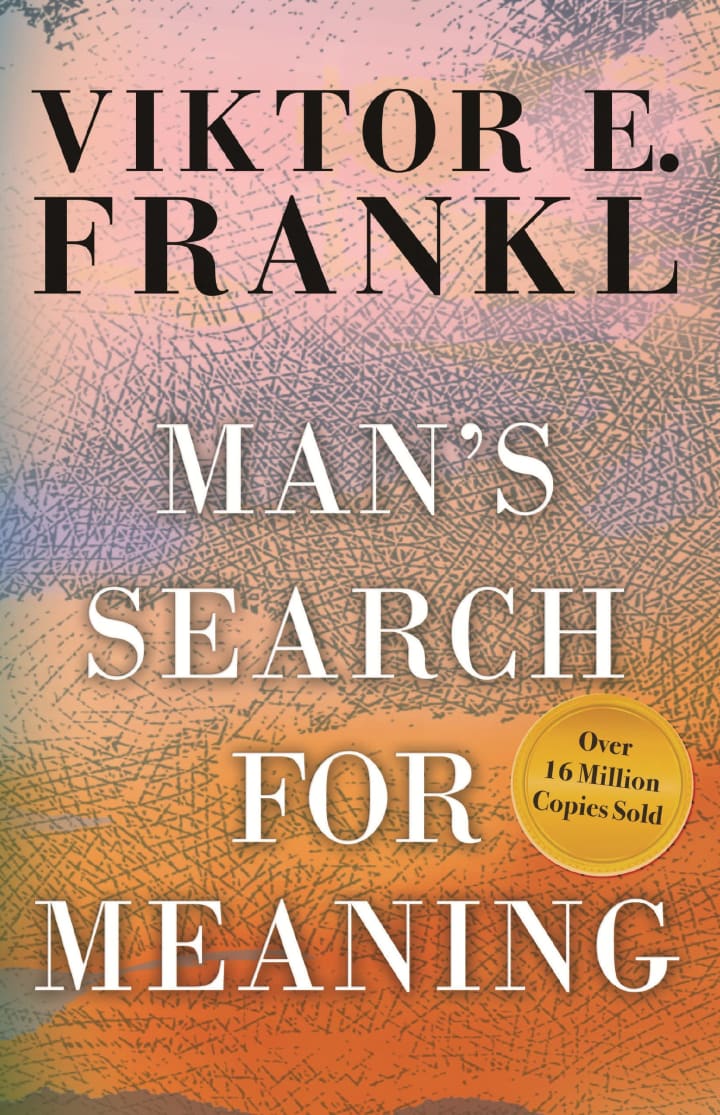
4. "Man's Search for Meaning" by Viktor Frankl:
Frankl's seminal book combines personal memoir and psychological insights as he reflects on his experiences as a Holocaust survivor. He offers profound insights into the human capacity for finding meaning and purpose in life, even in the face of extreme adversity.
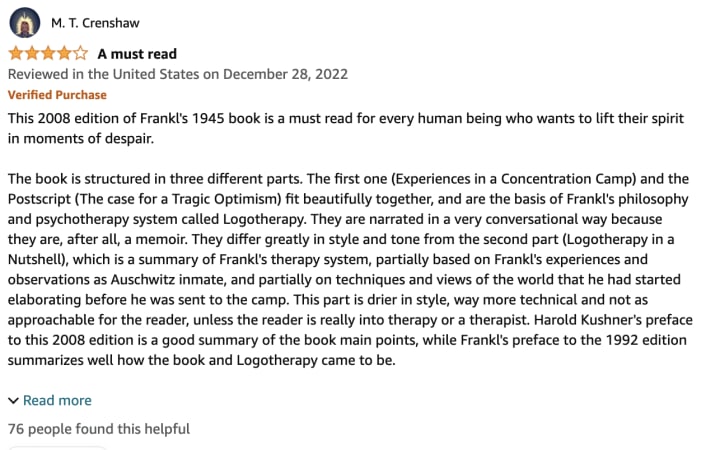
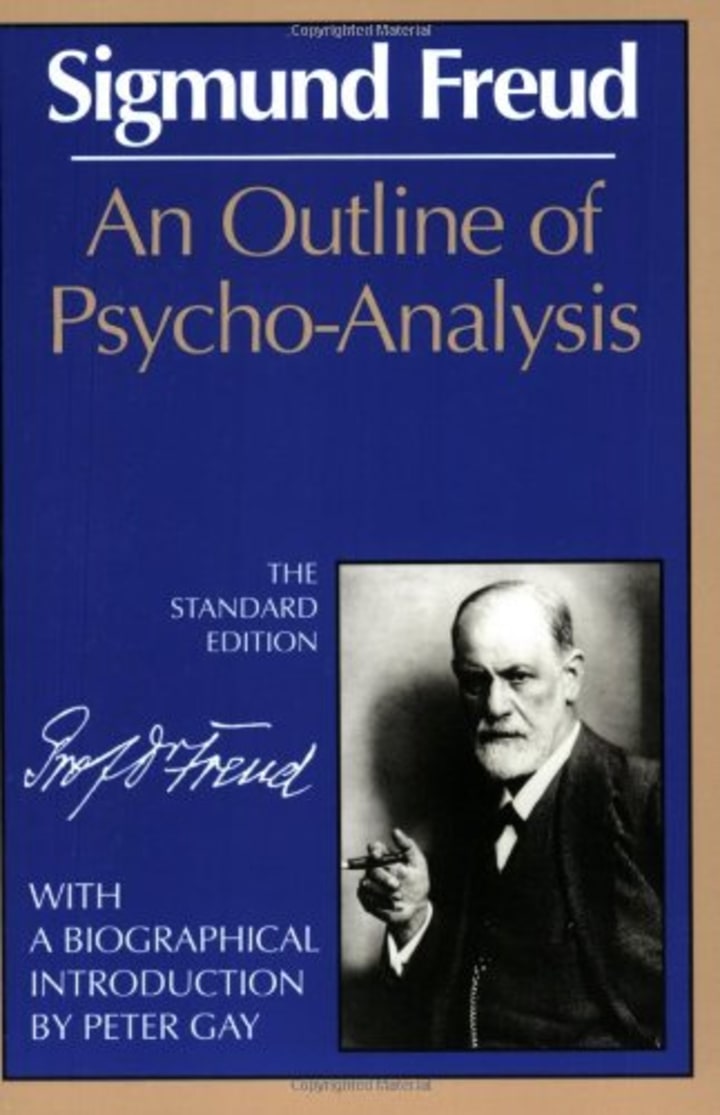
5. "An Outline of Psychoanalysis" by Sigmund Freud:
Considered one of Freud's fundamental works, "An Outline of Psychoanalysis" provides a comprehensive overview of psychoanalytic theory. Freud explores the unconscious mind, dream analysis, and the mechanisms of psychological defense, laying the foundation for modern psychoanalysis.
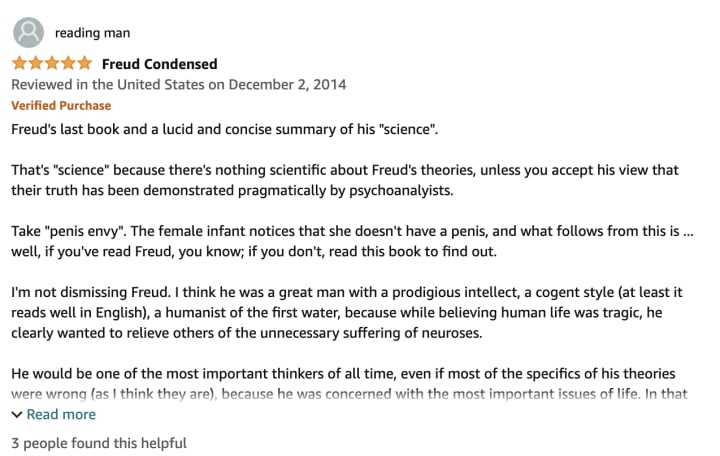
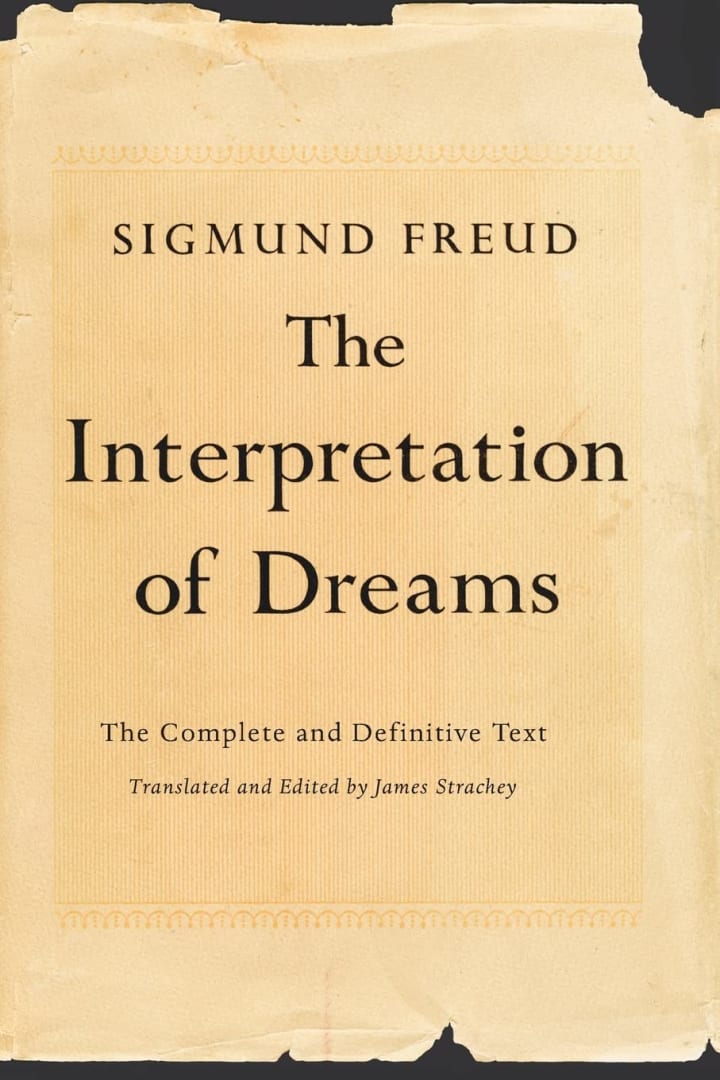
6. "The Interpretation of Dreams" by Sigmund Freud:
Freud's groundbreaking book delves into the realm of dreams, unveiling their symbolic meanings and their significance in understanding the human psyche. He explores the unconscious desires and conflicts that manifest through our dreams, offering valuable insights into the hidden aspects of our minds.
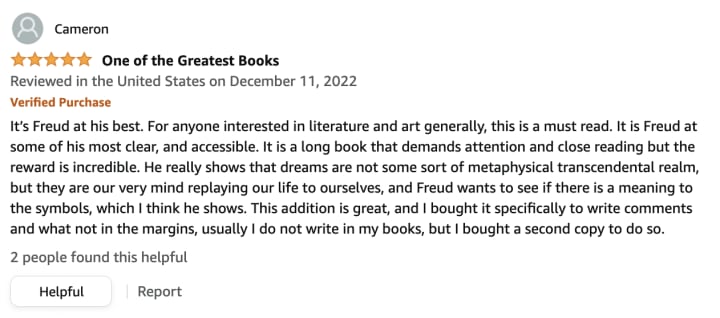
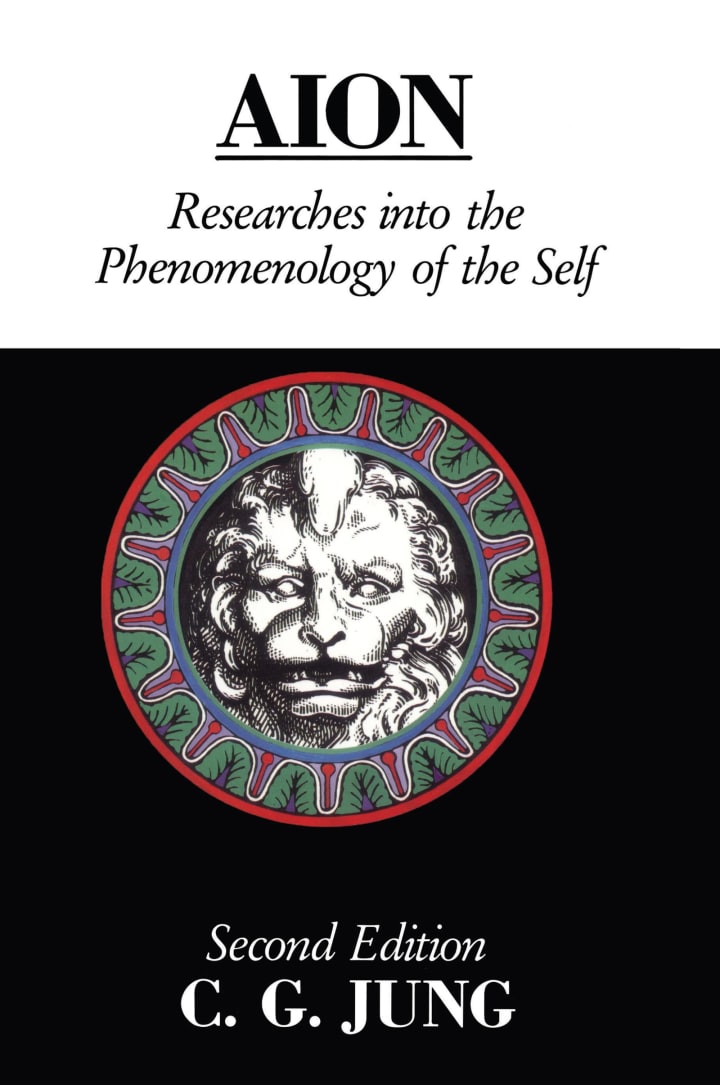
7. "Aion" by Carl Jung:
Jung's "Aion" explores the concept of time and its psychological implications. He dives into the collective unconscious, investigating archetypal patterns, and examining the individuation process through various cultural lenses, providing profound insights into the human experience.

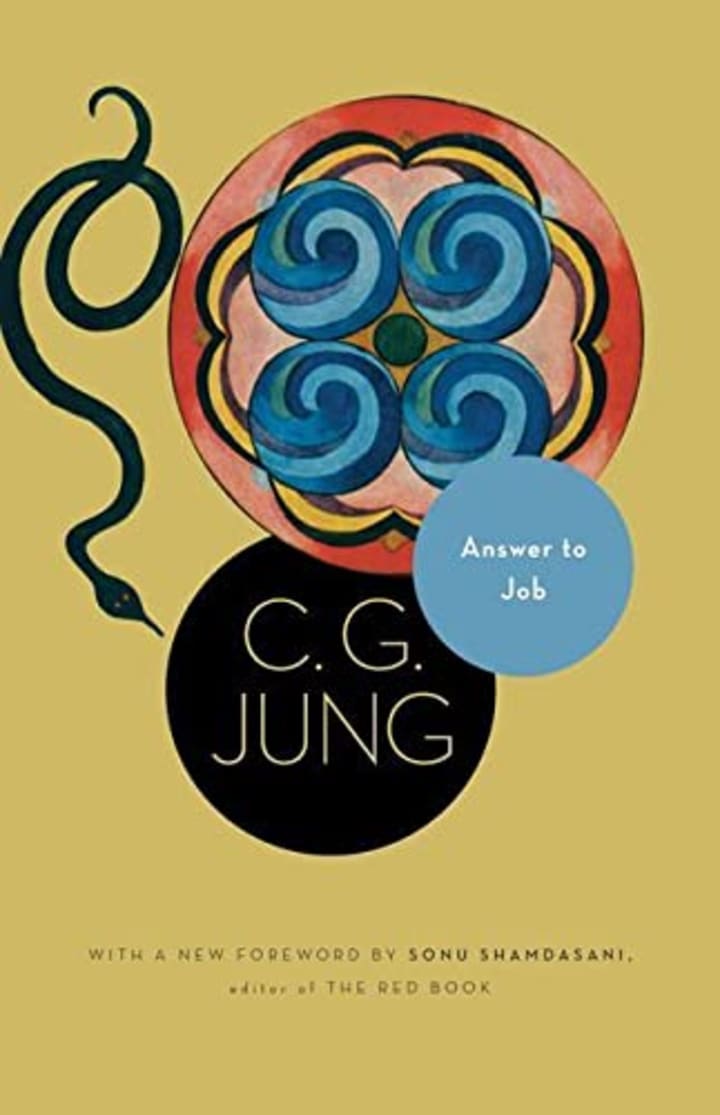
8. "Answer to Job" by Carl Jung:
In this thought-provoking work, Jung delves into the psychological implications of the biblical story of Job. He explores the nature of evil, suffering, and the human-divine relationship, offering a psychological interpretation that challenges traditional religious narratives.
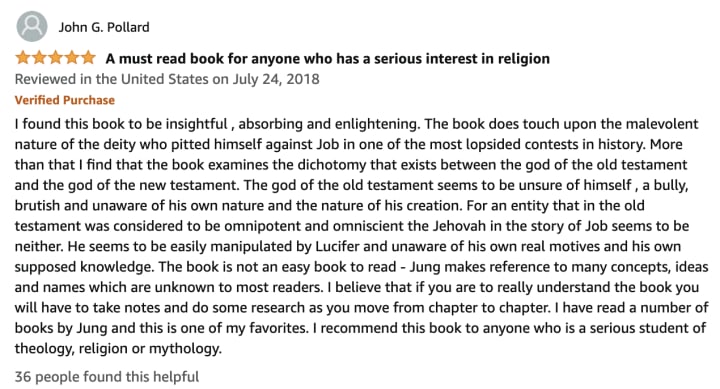
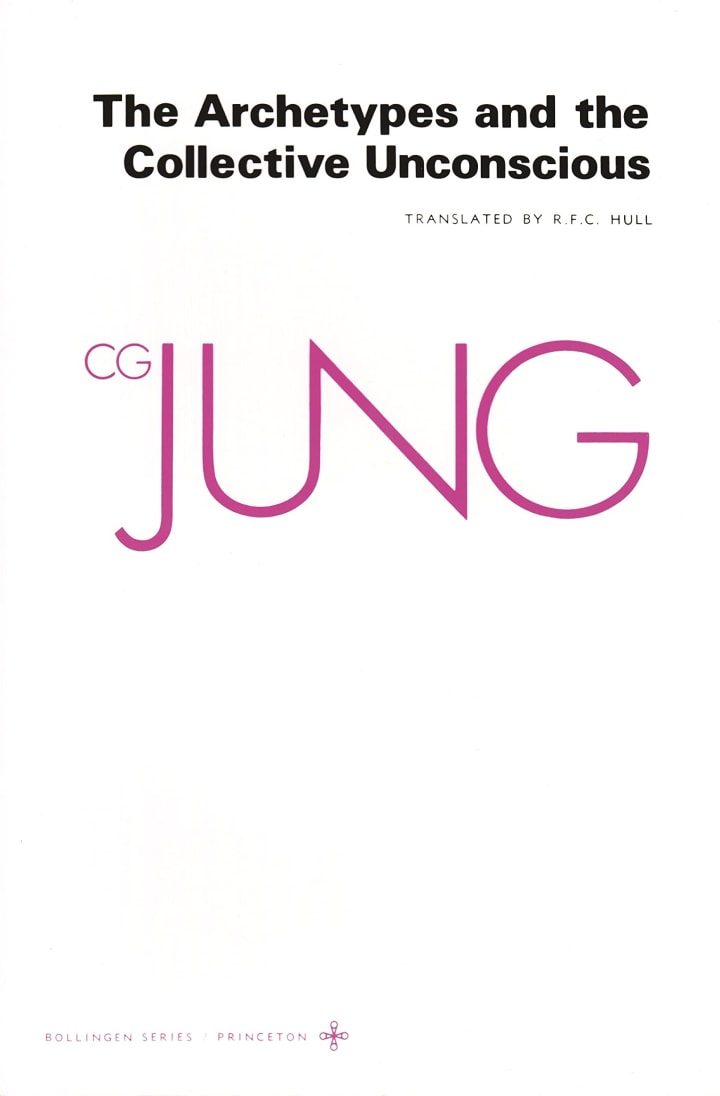
9. "Archetypes of the Collective Unconscious" by Carl Jung:
Jung investigates the archetypal patterns and symbols that reside in the collective unconscious. Exploring the universal themes that shape human behavior and cultural expressions, this book offers profound insights into our shared human experience.
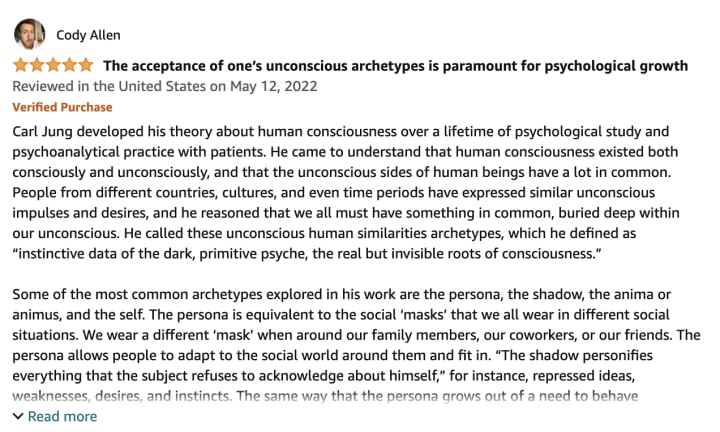
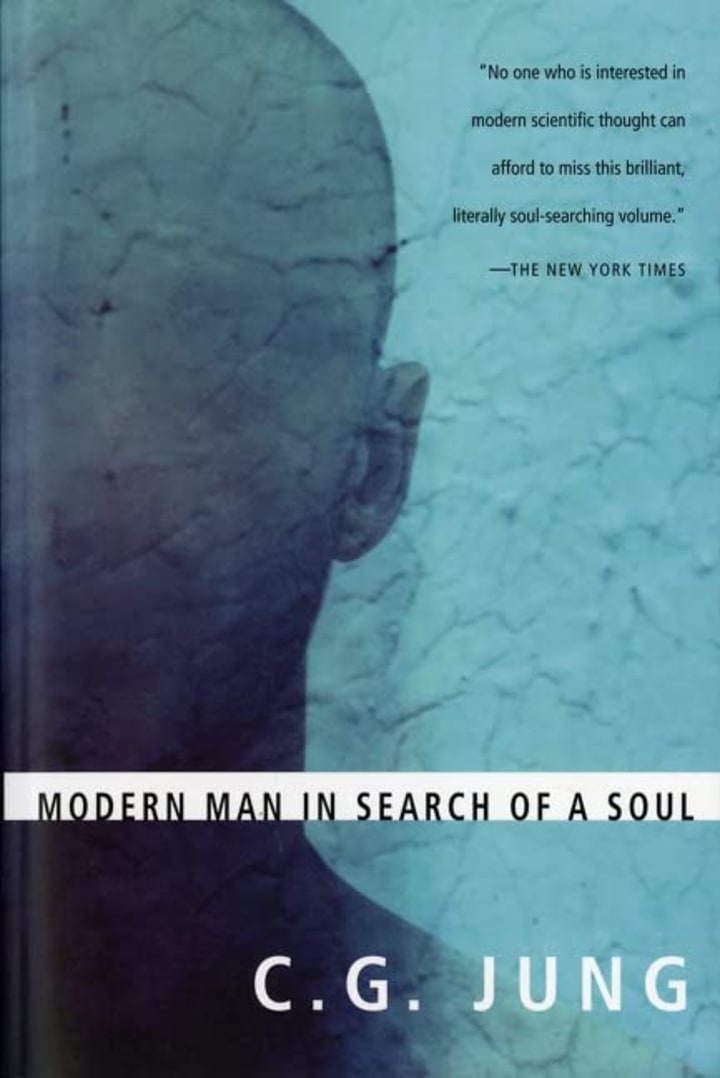
10. "Modern Man in Search of a Soul" by Carl Jung:
Jung reflects on the challenges faced by individuals in the modern world as they grapple with the loss of traditional structures and meanings. He explores the quest for meaning, the role of spirituality, and the integration of the self in a rapidly changing society.
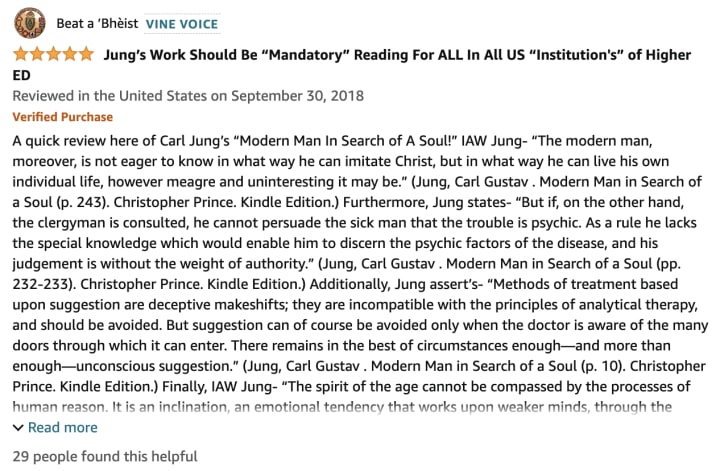
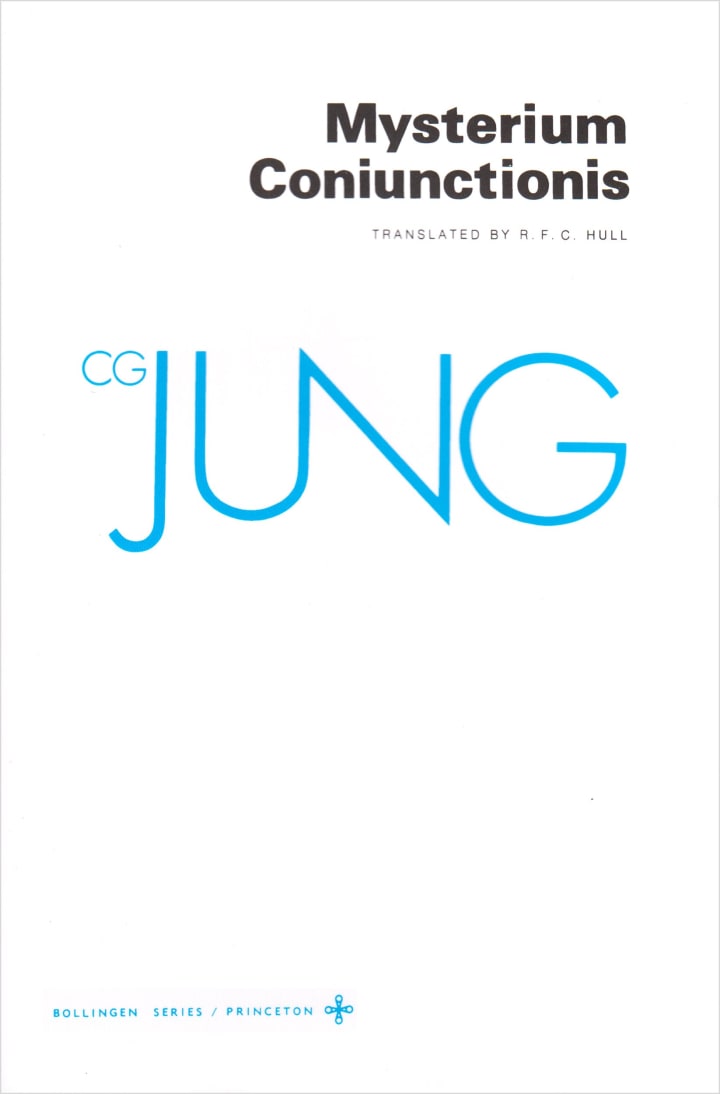
11. "Mysterium Coniunctionis" by Carl Jung:
Jung's complex work delves into the alchemical symbolism of the union of opposites, exploring the psychological transformations and the process of individuation. Drawing from alchemical philosophy, he offers valuable insights into the integration of the conscious and unconscious aspects of the psyche.
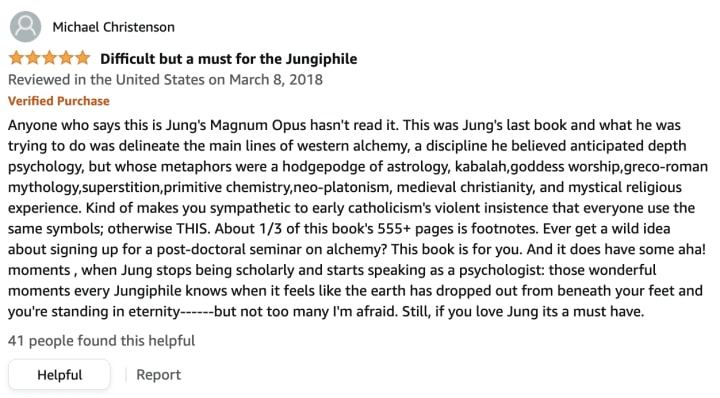
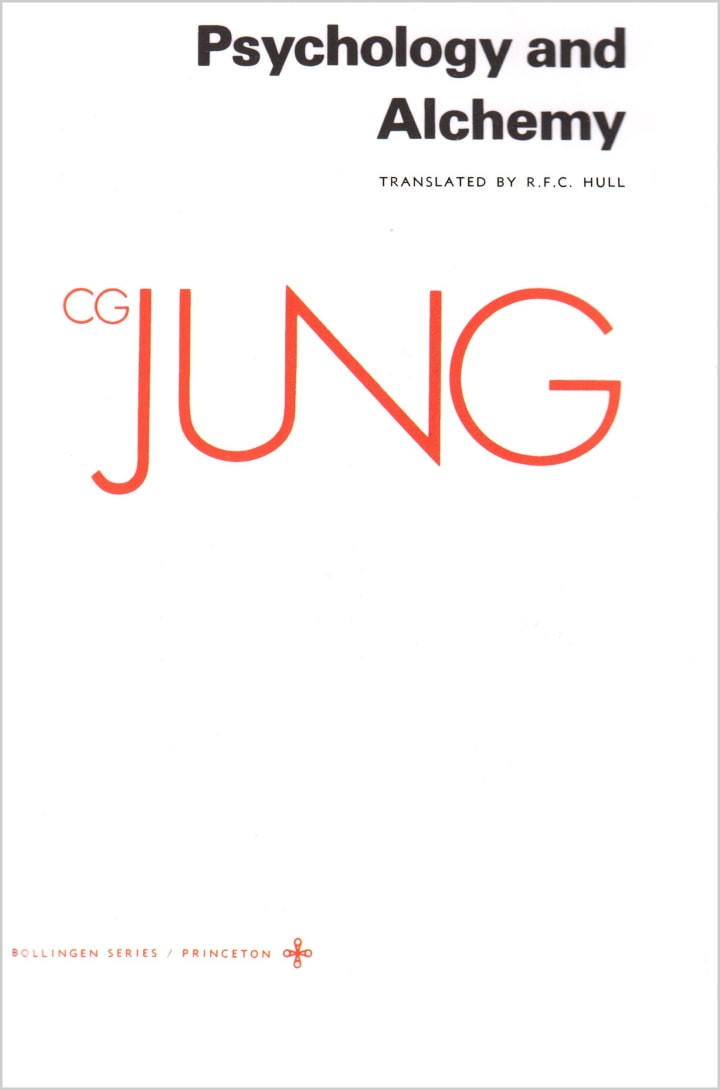
12. "Psychology and Alchemy" by Carl Jung:
In "Psychology and Alchemy," Jung explores the parallels between psychological processes and alchemical symbolism. He uncovers the transformative power of psychological growth and the symbolic language of the unconscious.

Jung examines the intersection of Eastern and Western psychology, highlighting the cultural and philosophical influences on the understanding of the human psyche. This book offers a broader perspective on the human mind, incorporating diverse perspectives and insights.
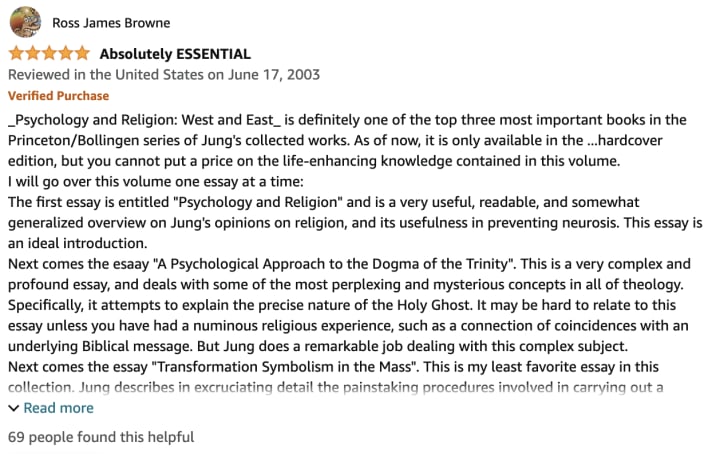
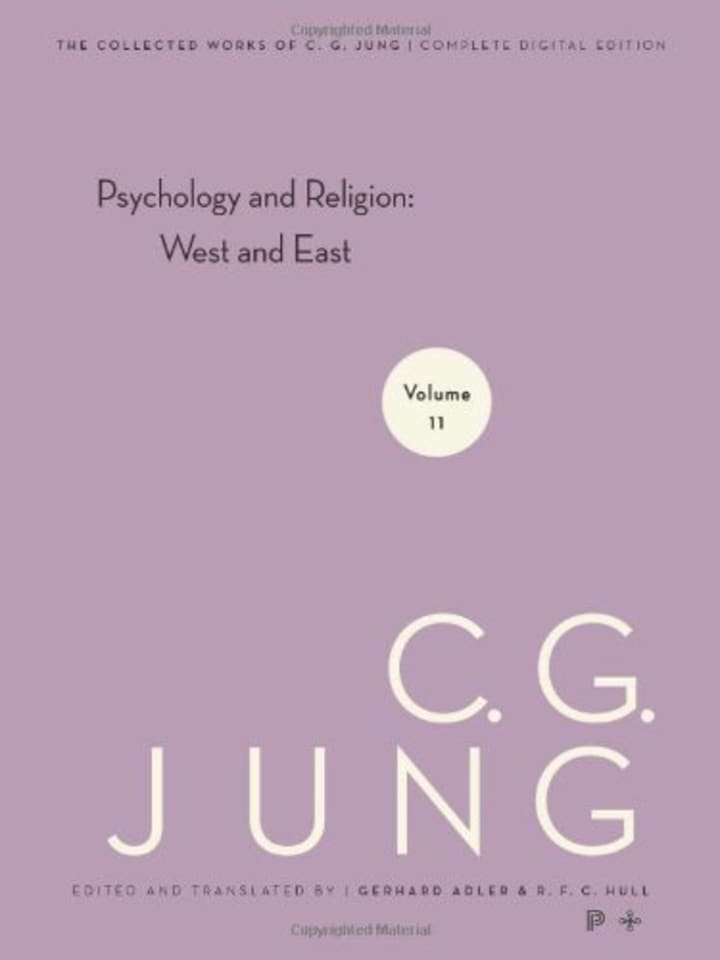
14. "Psychology of Religion: East and West" by Carl Jung:
In this insightful work, Jung explores the psychological dimensions of religious experiences. By comparing Eastern and Western spiritual traditions, he sheds light on the role of religion in shaping human consciousness and individuation.
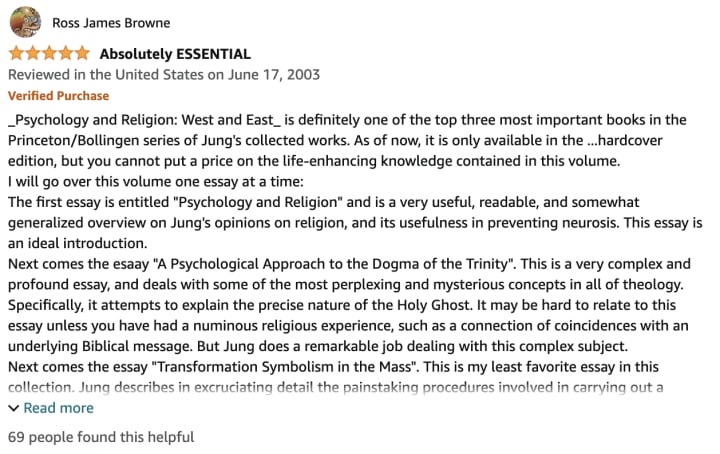
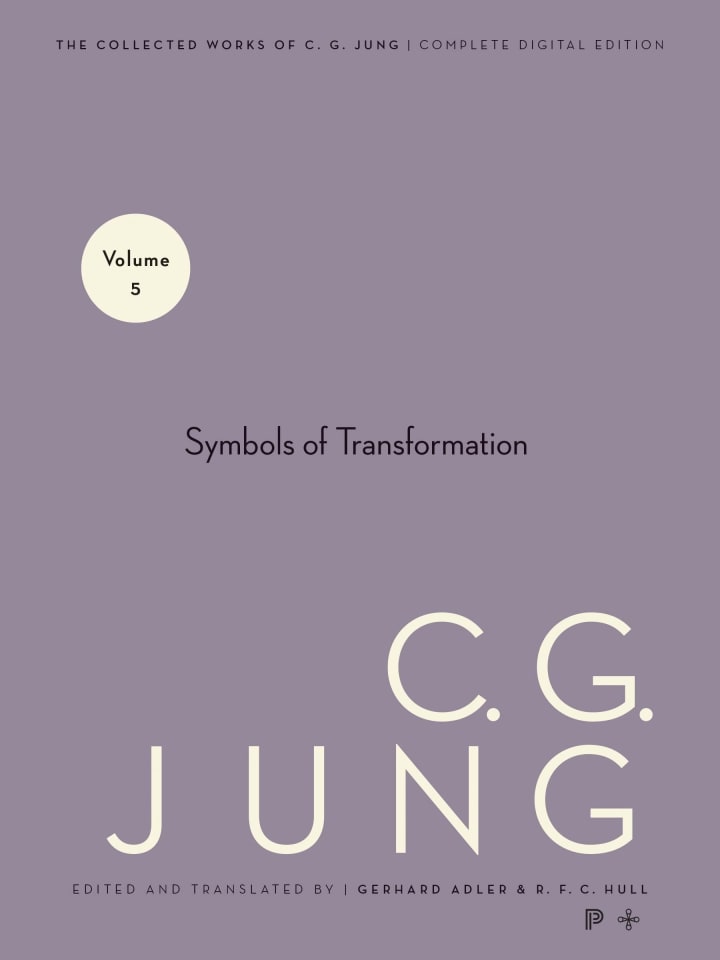
15. "Symbols of Transformation" by Carl Jung:
Jung's influential work explores the symbolic language of the unconscious, uncovering the transformative power of symbols in our personal and collective lives. By understanding these symbolic expressions, we gain a deeper understanding of our psyches and the processes of psychological growth.
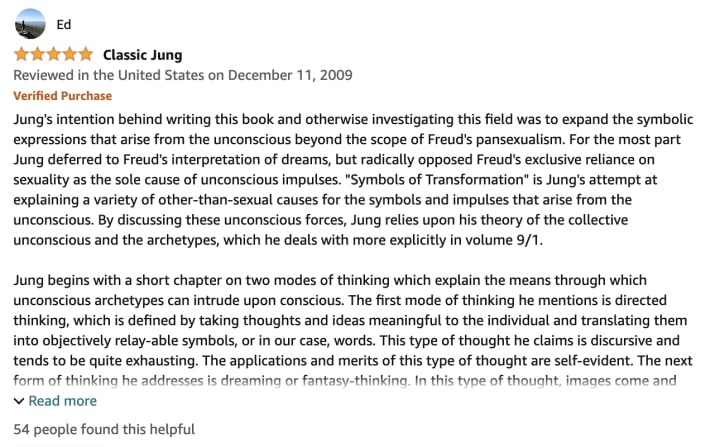
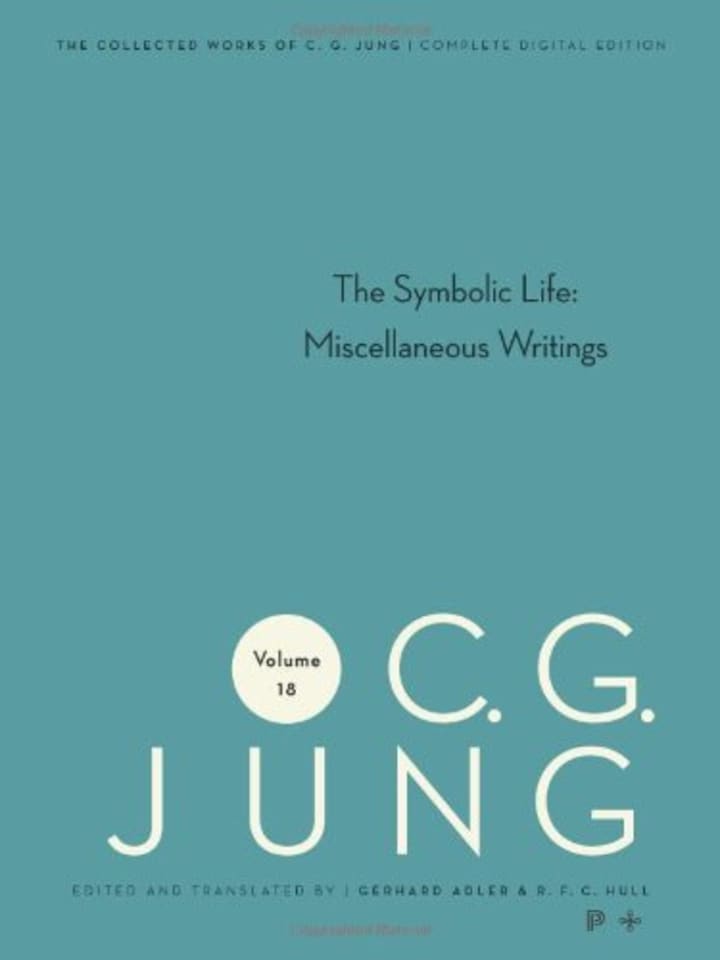
16. "The Symbolic Life" by Carl Jung:
Jung reflects on the significance of symbols in our daily lives, examining their impact on our individual and collective experiences. Through his insights, he invites us to explore the deeper layers of meaning that symbols hold and their profound influence on our psychological well-being.
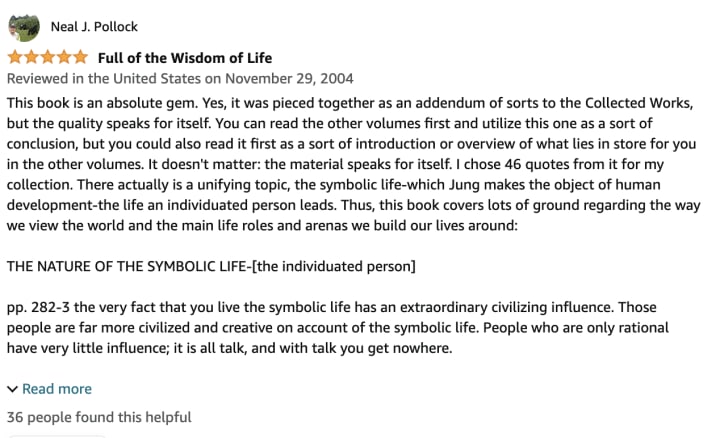
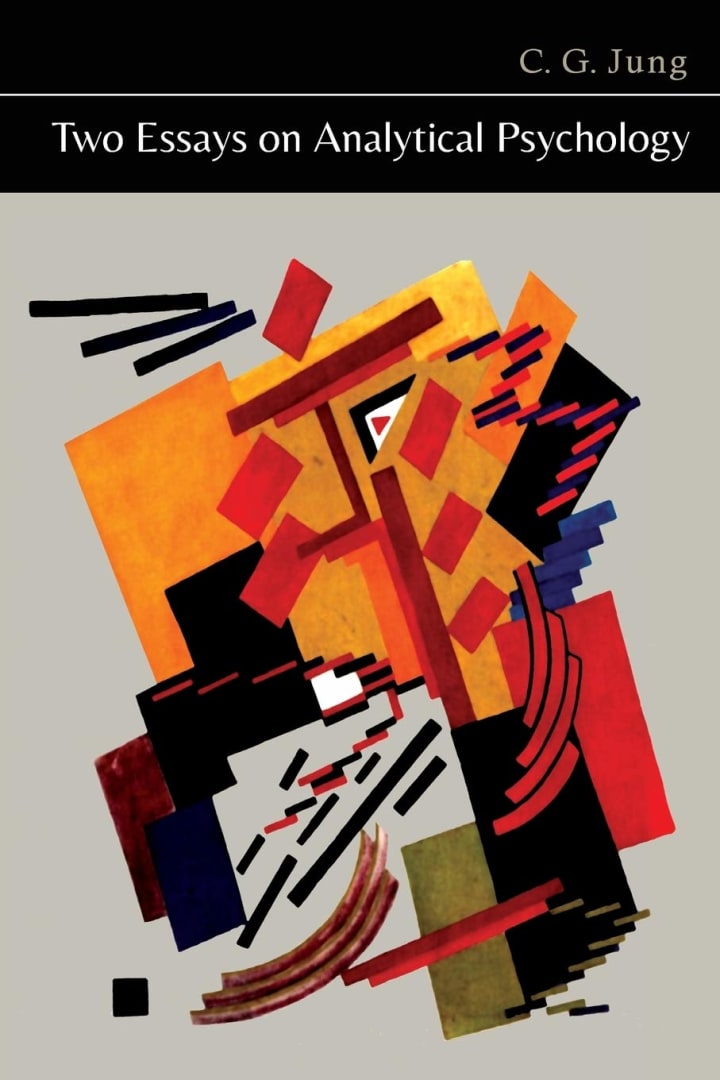
17. "Two Essays on Analytical Psychology" by Carl Jung:
Jung's essays offer valuable insights into analytical psychology, discussing topics such as the relationship between the ego and the unconscious, the process of individuation, and the dynamics of the therapeutic relationship. This book provides a comprehensive overview of Jungian concepts and their applications.
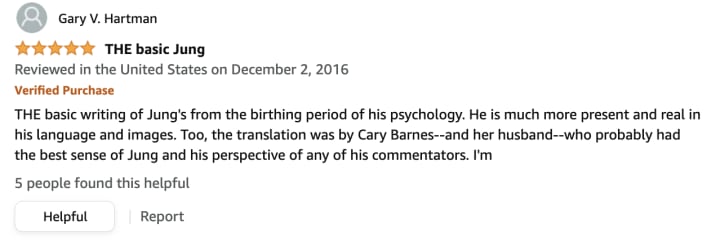
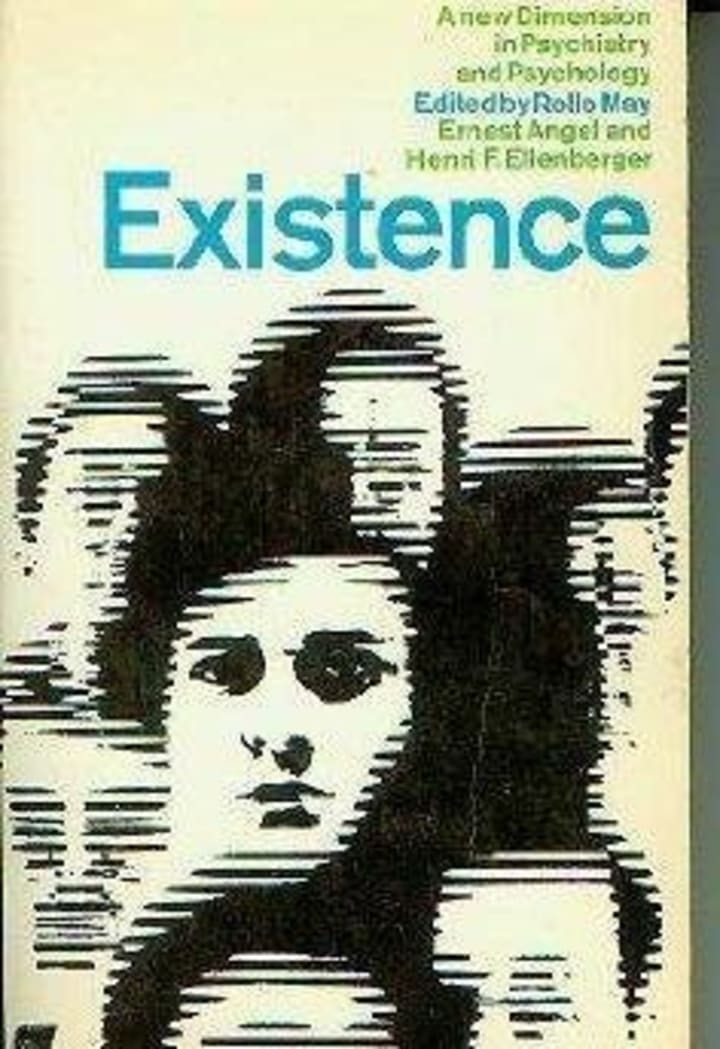
18. "Existence: A New Dimension in Psychiatry and Psychology" by Rollo May, Ernest Angel, and Henri Ellenberger:
This collaborative work explores the concept of existence and its implications for psychiatry and psychology. The authors delve into existential themes, including freedom, meaning, and authenticity, offering a fresh perspective on psychological well-being.

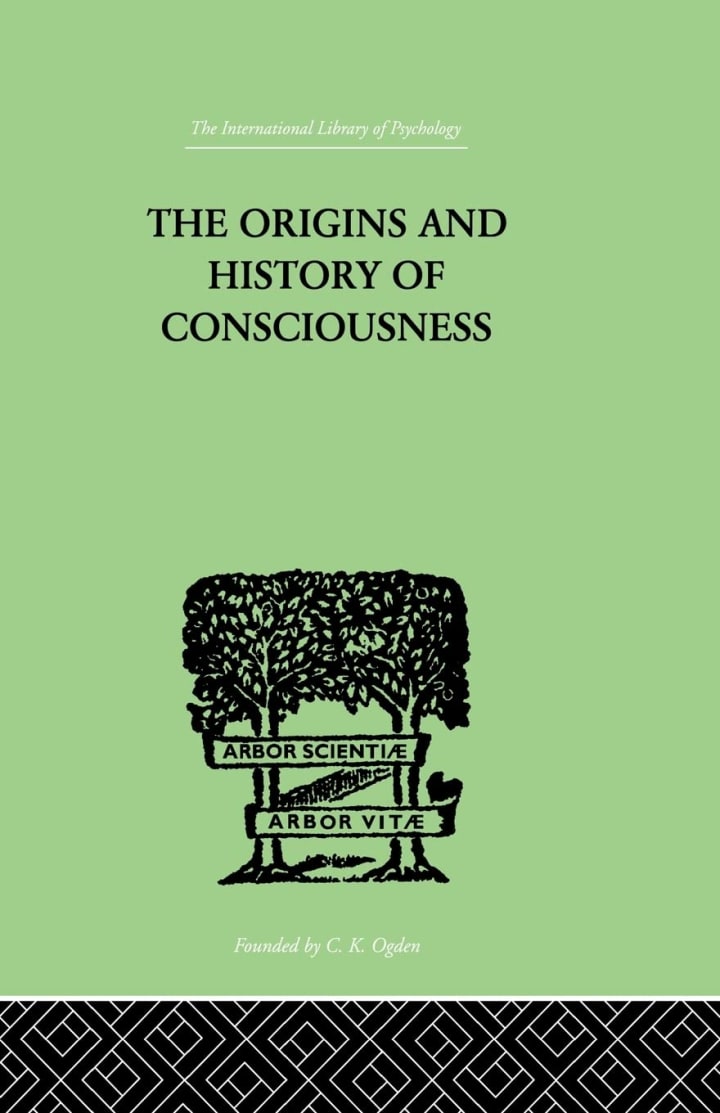
19. "The Origins and History of Consciousness" by Erich Neumann:
Neumann's groundbreaking work traces the evolution of consciousness throughout human history. Exploring the psychological and cultural aspects of consciousness, he sheds light on the complex interplay between the individual and collective psyche.
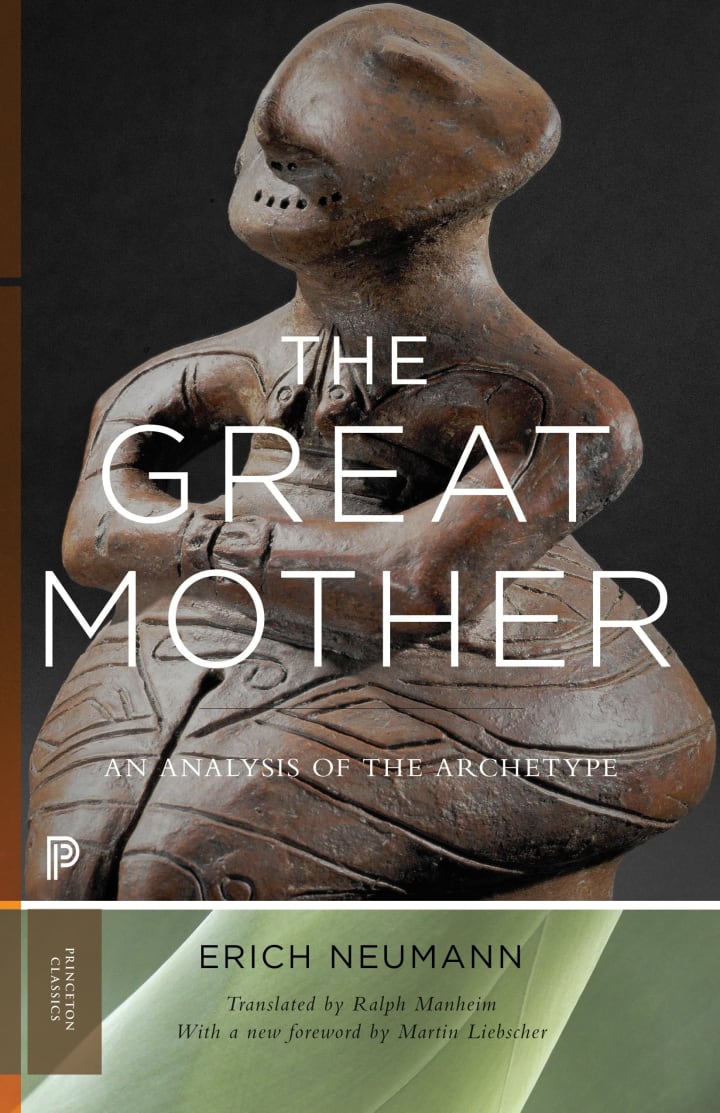
20. "The Great Mother" by Erich Neumann:
Neumann examines the archetype of the Great Mother, delving into its psychological significance and its influence on personal development and cultural expressions. This insightful book explores the universal aspects of the mother archetype and its transformative power.
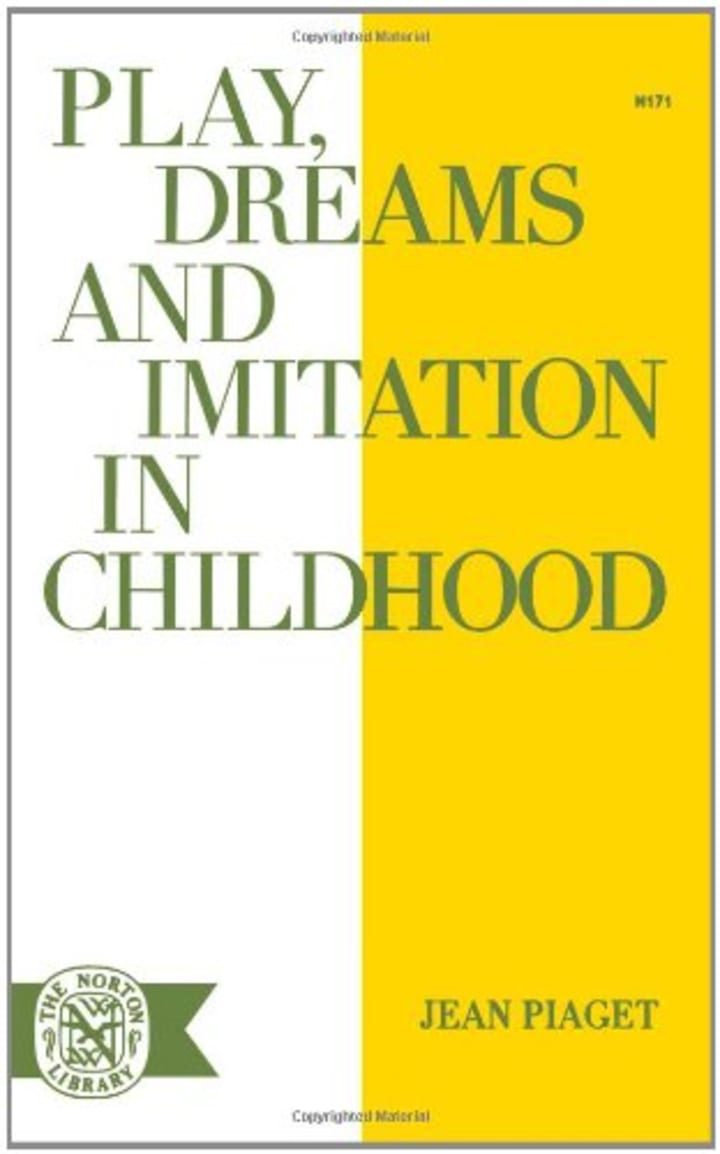
21. "Play, Dreams and Imitation in Childhood" by Jean Piaget:
Piaget's influential work focuses on the cognitive development of children, exploring the role of play, dreams, and imitation in their growth. He offers valuable insights into the cognitive processes and stages that shape childhood development.
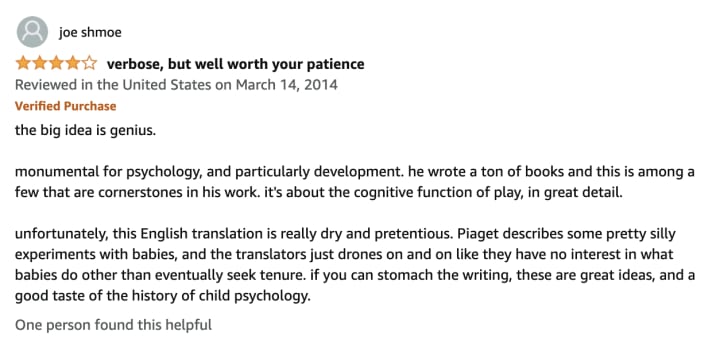
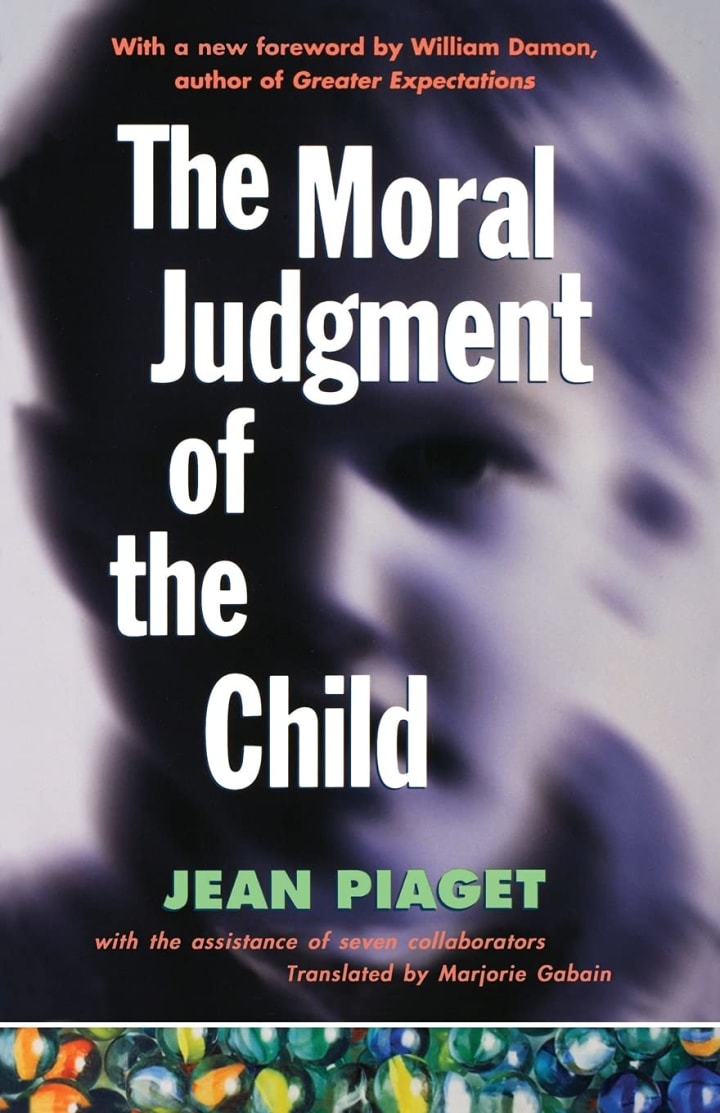
22. "The Moral Judgment of the Child" by Jean Piaget:
Piaget's exploration of moral development in children examines the cognitive processes involved in forming moral judgments. This book sheds light on the stages of moral reasoning and provides a foundation for understanding ethical development.
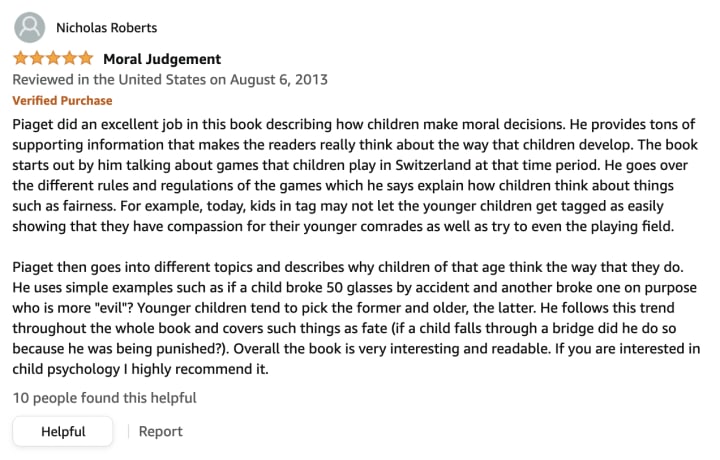
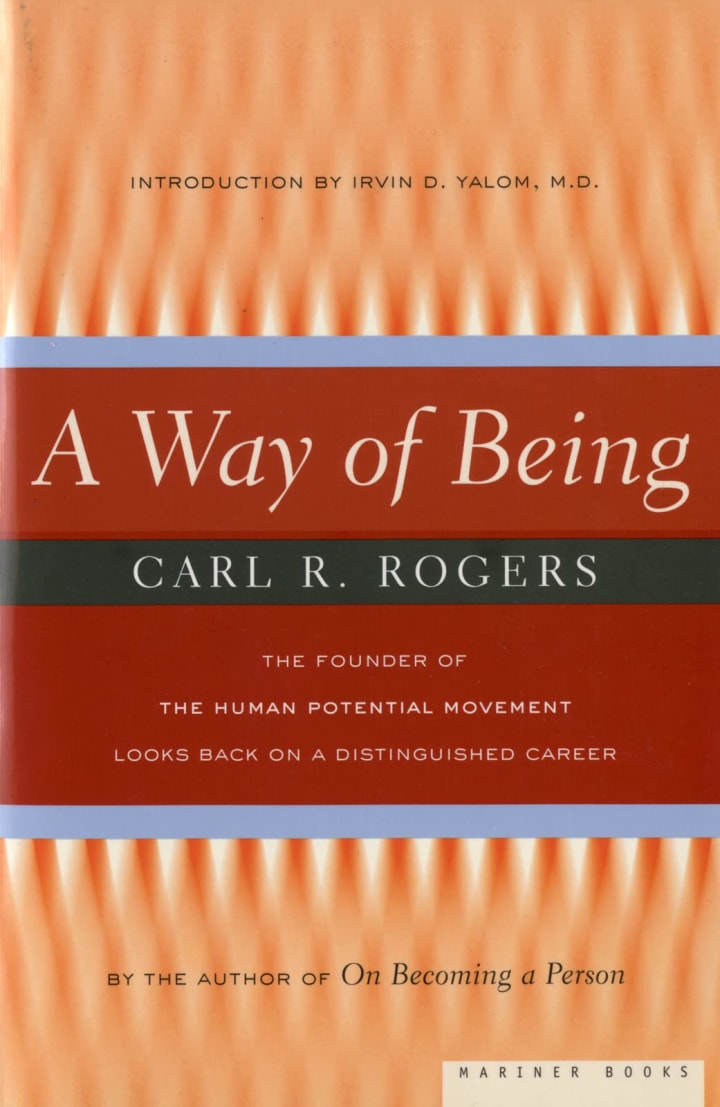
23. "A Way of Being" by Carl Rogers:
Rogers reflects on the qualities and attitudes that contribute to effective therapeutic relationships and personal growth. He emphasizes the importance of empathy, unconditional positive regard, and authenticity in fostering healthy human connections.
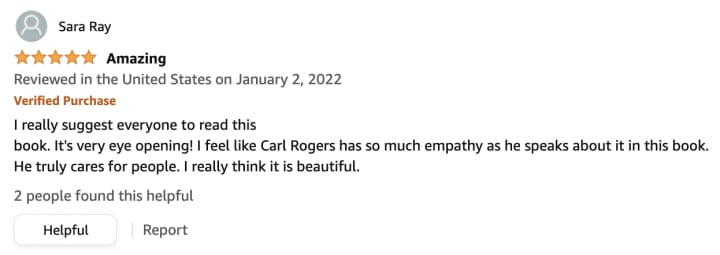
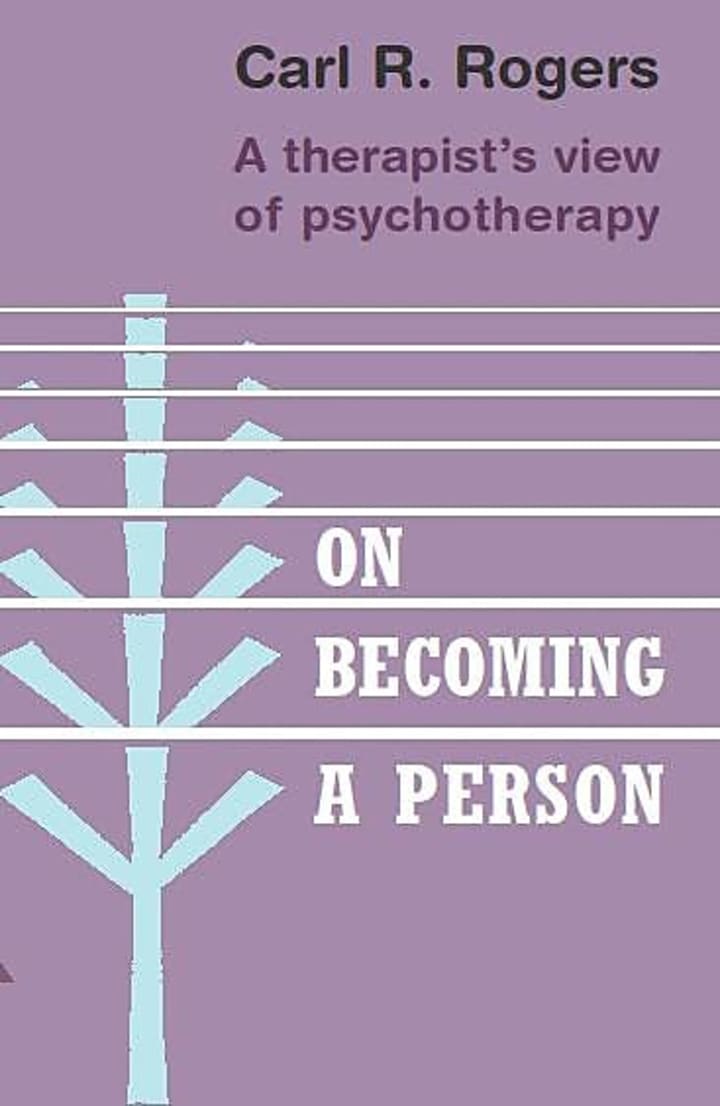
24. "On Becoming a Person" by Carl Rogers:
Rogers explores the process of personal growth and self-actualization, emphasizing the individual's capacity to strive toward a more authentic and fulfilling life. He offers practical insights and techniques for personal transformation.

Conclusion:
These 24 psychology books recommended by Jordan Peterson provide a diverse range of perspectives and insights into the complexities of the human mind and the processes of personal growth. Whether you are a psychology enthusiast, a student of the human psyche, or simply curious about the workings of the mind, these books offer valuable knowledge and wisdom to expand your understanding and navigate the intricacies of the human experience.
About the Creator
NovelNest Books
Book Recommendations





Comments
There are no comments for this story
Be the first to respond and start the conversation.